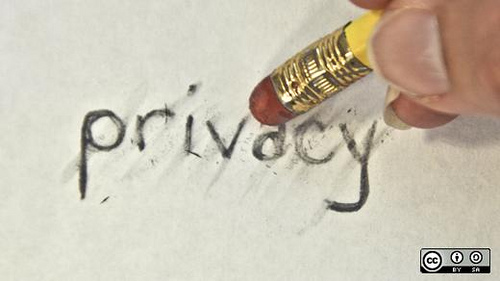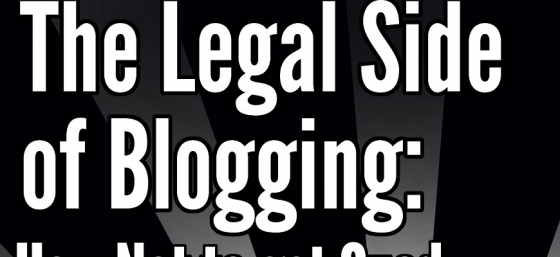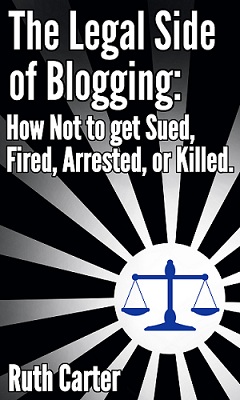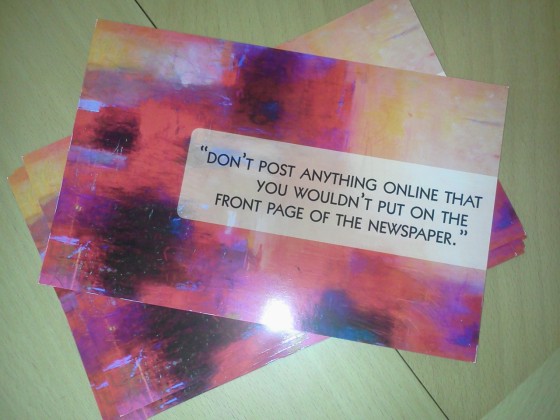
I get hits on this website every day from people who are searching for terms like “posting photos online without permission” and “privacy expectations in public filming.” I also get questions from people who want to know whether and how they can use the photos from their events to market their businesses.
The general answer is you can use photos and videos you take at your events but you should put your guests on notice that you are doing this by posting a sign at the registration table for the event. If your event has tickets, you may also want to put this notice on there as well. If your guests do not want to be photographed or videotaped, they should not attend the event.
There is no guarantee that your guests will notice the sign or read it, but if it’s a big event, you can’t be expected to get each guest’s verbal or written consent to possibly being on film. The best you can do is make the information readily available and in a place where they are likely to see it.
I saw a photo/video notice recently at the Arizona State Fair. They had a few A-frame signs throughout the fairgrounds that contained this notice. (Sorry about the shadow.)
I’m a dorky lawyer so I read the sign, but I’m sure the majority of the thousands of people who were there didn’t. However, by continuing to be at the fair, they consented to being photographed and videotaped. If anyone sees themselves on the fair’s website or promotional materials, there’s nothing they can do to stop it.
From a business owner’s perspective, most people aren’t going to care if you use a photo of them from your event on your marketing materials. If a person is at your event, they probably like your company and it’s highly unlikely that an event photo will become the main image for a company. It will be a picture in a brochure or a supplemental photo on the company’s website. Most people would be flattered to be featured in this way. The notice is to protect businesses against the rare angry person.
I also made a video about this topic. You can see it below or here.
If you want to chat with me about this or any other topic, you can connect with me on Twitter, Facebook, YouTube, LinkedIn, or you can email me.
You can also subscribe to the Carter Law Firm newsletter.
Please visit my homepage for more information about Carter Law Firm.
Lights Camera Lawsuit
There’s always a need for quality legal information for photographers. That’s why I created an online course called Lights Camera Lawsuit: The Legal Side of Professional Photography to address photographers’ most important questions. I want you to feel secure in your business, confident in the way you operate day-to-day, knowing that you’ve set yourself up to get paid what your worth without incident.
For less than the cost of hiring a lawyer for two hours, the course contains nearly six hours of legal information you can immediately apply to your business!
Please subscribe for more information and to make sure you don’t miss out on any special offers or discounts.













